Fear of discrimination is the common sentiment of many businesses when commenting on the Draft Decree on petroleum trading replacing Decree 83/2014/ND-CP and the regulations amending and supplementing this decree that are being put forward by the Ministry of Industry and Trade for comments.
It is not surprising that the whole petroleum business continues to petition the Drafting Committee to abolish the Petroleum Price Stabilization Fund and not put the burden of reserves on the businesses, because according to them, this is the State's responsibility. Many businesses in this field also believe that the Draft New Decree should not include additional provisions that interfere with their business rights.
Considering that the Petroleum Price Stabilization Fund is not in accordance with the Law on Prices; the regulations on the establishment and use of the Petroleum Price Stabilization Fund cause disadvantages to consumers, not only many experts, but also businesses and consumer protection associations have proposed to abolish the Fund.
The fact that many petroleum enterprises such as Xuyen Viet Oil, Hai Ha Petro... have misappropriated and misused thousands of billions of VND from the Fund in recent times further shows that it is time to stop letting this fund exist.
As Associate Professor, Dr. Ngo Tri Long once commented, the Petroleum Price Stabilization Fund is in the hands of businesses, so in some cases, they "do whatever they want", even withdrawing money from the Fund when they are short of money.
Reality also shows that this fund has a period of time when it operates in a non-transparent manner, creating loopholes for some businesses to misappropriate capital, causing negative consequences in financial management, causing market instability, etc. Not to mention, the Petroleum Price Stabilization Fund is not effective in preventing price risks in business for businesses. Therefore, in the long term, the State needs to consider abolishing this fund so that the domestic petroleum market can operate according to market mechanisms and gradually approach world petroleum prices.
From another perspective, when “dissecting” the new regulations in the Draft Decree on petroleum trading, the community of more than 150 businesses in the industry said that the Draft seems to still maintain the old approach and method. Therefore, many regulations are no longer suitable, do not correctly identify the nature of petroleum goods, because these are not prohibited goods, restricted goods, goods that the State has a monopoly on production and trading, but are only special goods that are subject to “conditional business”. Not to mention, the petroleum production and trading market has opened its doors to businesses of all components to participate, including foreign investors.
Perhaps because the way of determining the nature of goods and markets is not suitable to reality, the Draft Decree continues to divide the market, classify enterprises (including wholesale traders, distributors and retailers), along with legal status, rights, obligations, benefits and treatment and management regimes from the State at different levels.
It should be added that wholesale traders (a minority among thousands of enterprises) are ranked highest, with their own position and many privileges. Next are distributors and finally retailers. Specifically, Article 32 of the Draft allows wholesale traders and distributors to decide on wholesale prices, while these two components currently dominate the market.
Such a provision is likely to lead to increased discrimination among businesses, with retailers at a disadvantage.
Many businesses also ask: "On what basis does the Draft Decree allow these business entities to have full authority to decide on wholesale and retail prices for gasoline in their distribution systems?" and "Does the above regulation violate Article 27 of the Competition Law, because abusing a dominant market position is a prohibited act?"
Inadequacies in the management of petroleum business in recent times have caused the market to have supply interruptions at times, many retail businesses "strike" and stop selling because the more they sell, the more they lose.
Therefore, to stabilize the market, regulations on petroleum trading must satisfy a series of conditions, first of all creating an equal business environment, ensuring the harmony of interests of all parties (State - enterprises - consumers), and at the same time creating motivation for enterprises. Next, it is necessary to stabilize the supply source, adequately meeting the demand for energy security to serve socio-economic development, especially in the context of energy sources such as electricity, coal, gas, etc. not being able to improve supply output soon.
Source: https://baodautu.vn/doanh-nghiep-xang-dau-lo-bi-phan-biet-doi-xu-d215290.html


![[Photo] Phuc Tho mulberry season – Sweet fruit from green agriculture](https://vstatic.vietnam.vn/vietnam/resource/IMAGE/2025/4/10/1710a51d63c84a5a92de1b9b4caaf3e5)



![[Photo] Summary of parade practice in preparation for the April 30th celebration](https://vstatic.vietnam.vn/vietnam/resource/IMAGE/2025/4/11/78cfee0f2cc045b387ff1a4362b5950f)
![[Photo] Prime Minister Pham Minh Chinh chairs meeting to discuss tax solutions for Vietnam's import and export goods](https://vstatic.vietnam.vn/vietnam/resource/IMAGE/2025/4/10/19b9ed81ca2940b79fb8a0b9ccef539a)
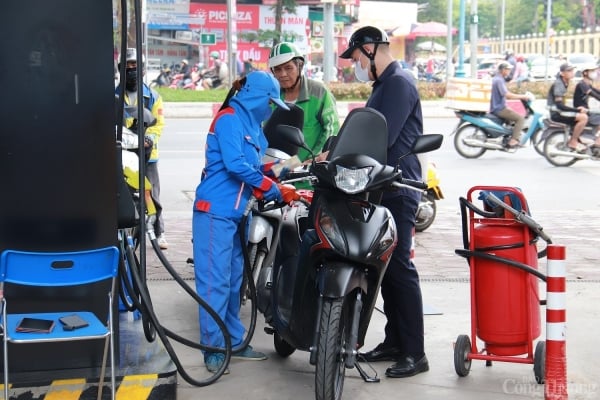

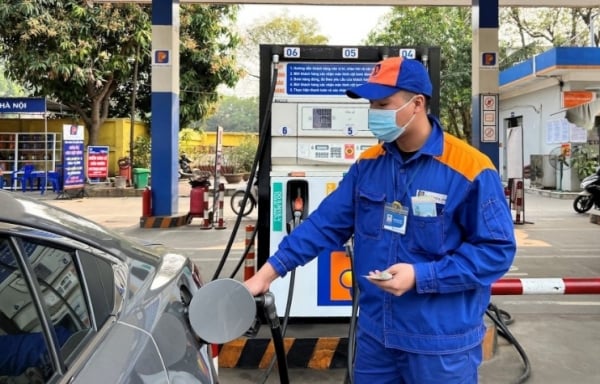
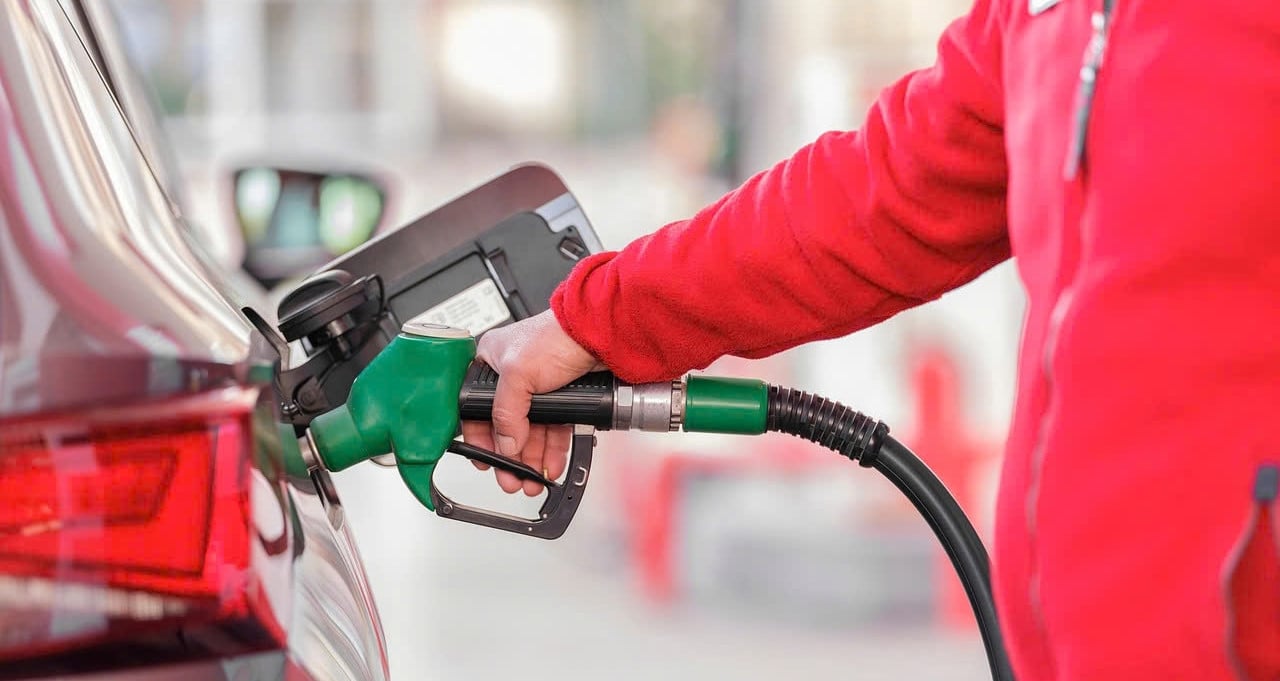

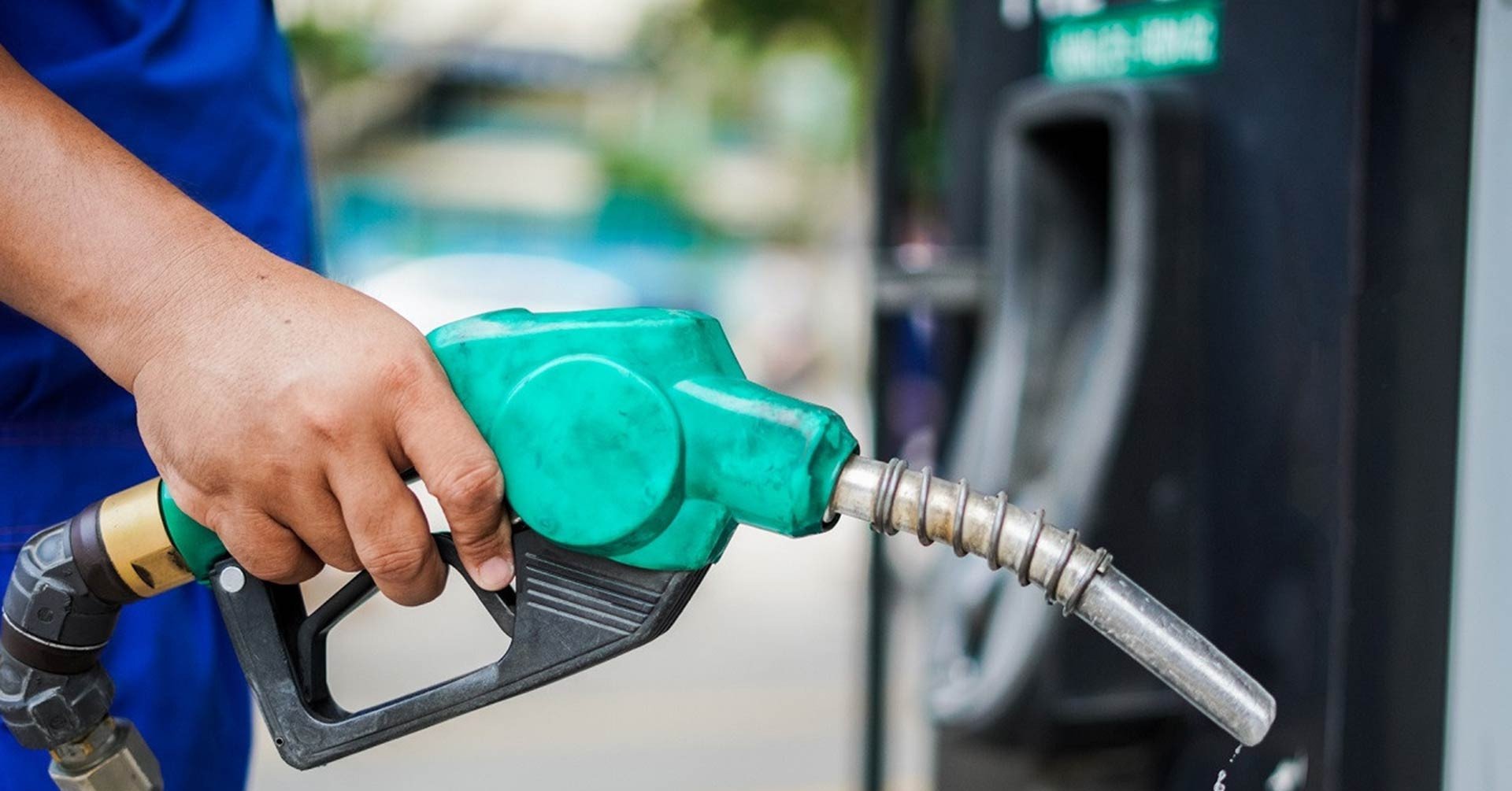
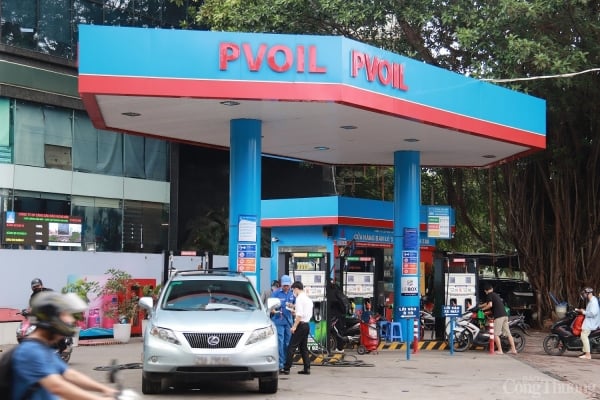
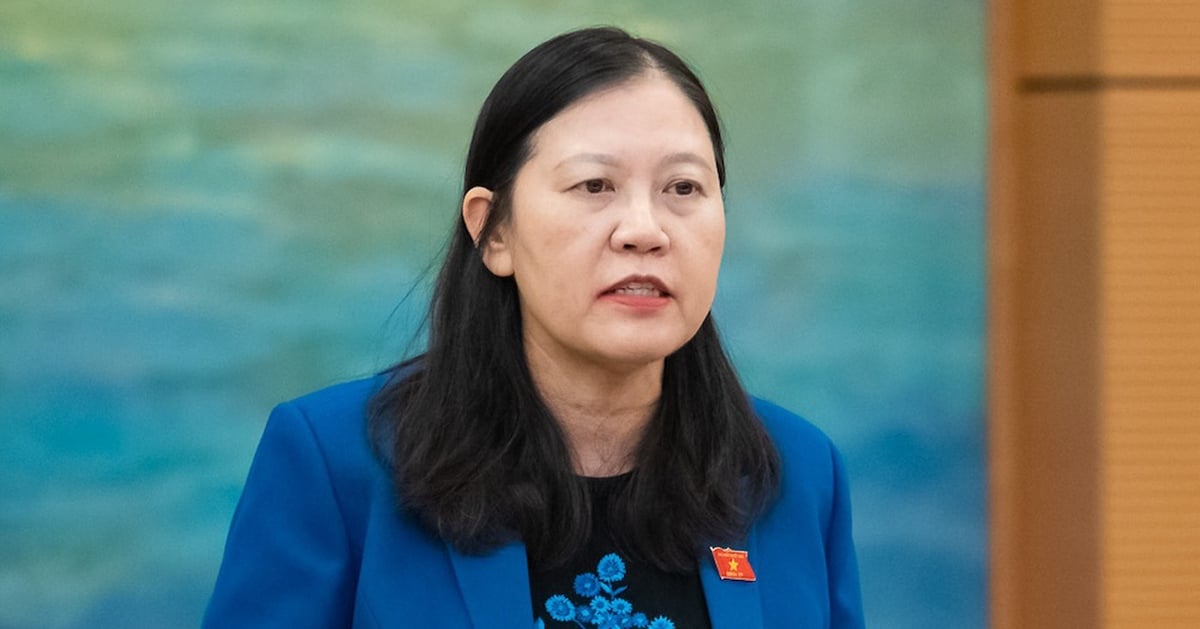

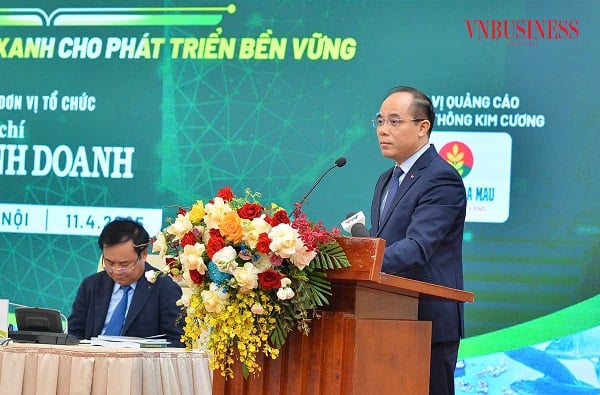
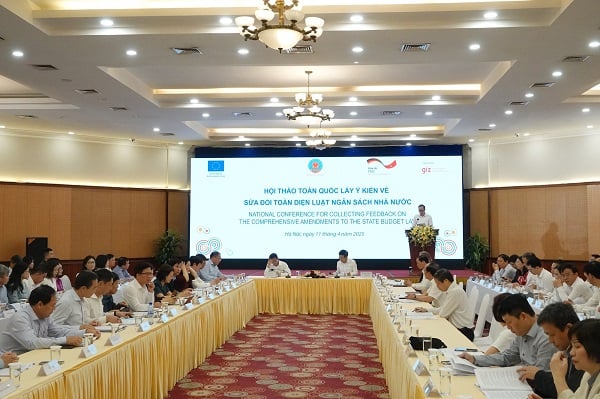
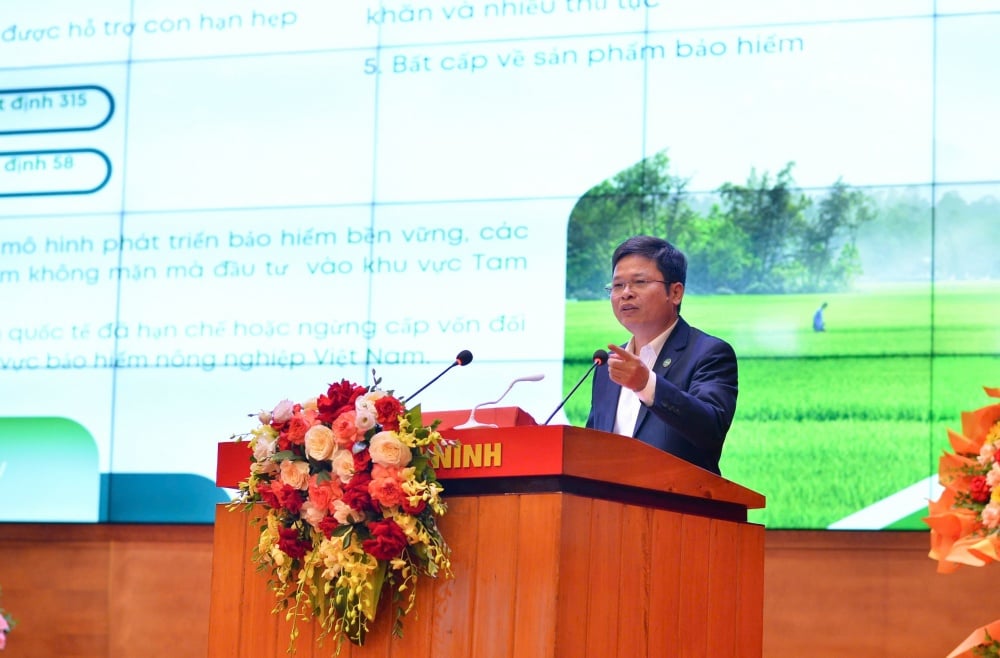

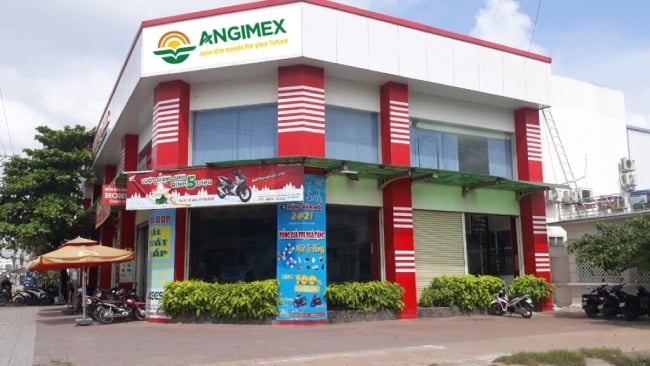
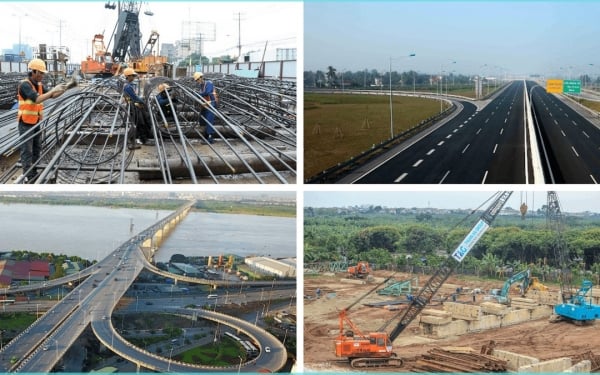








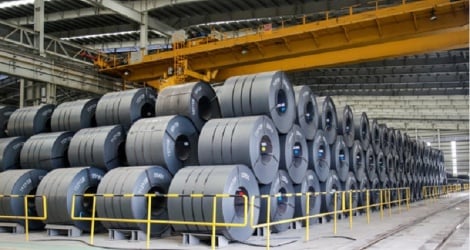









































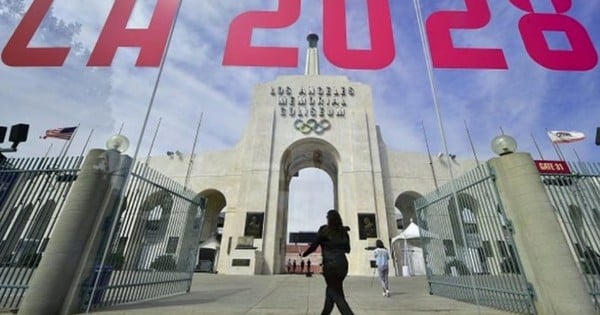



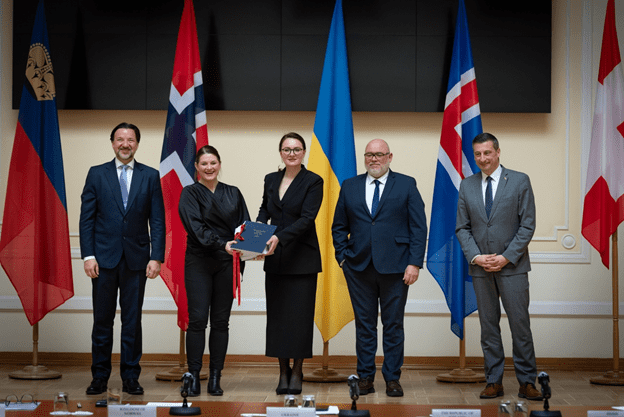
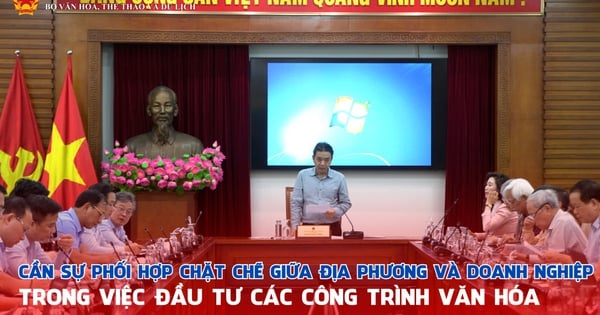






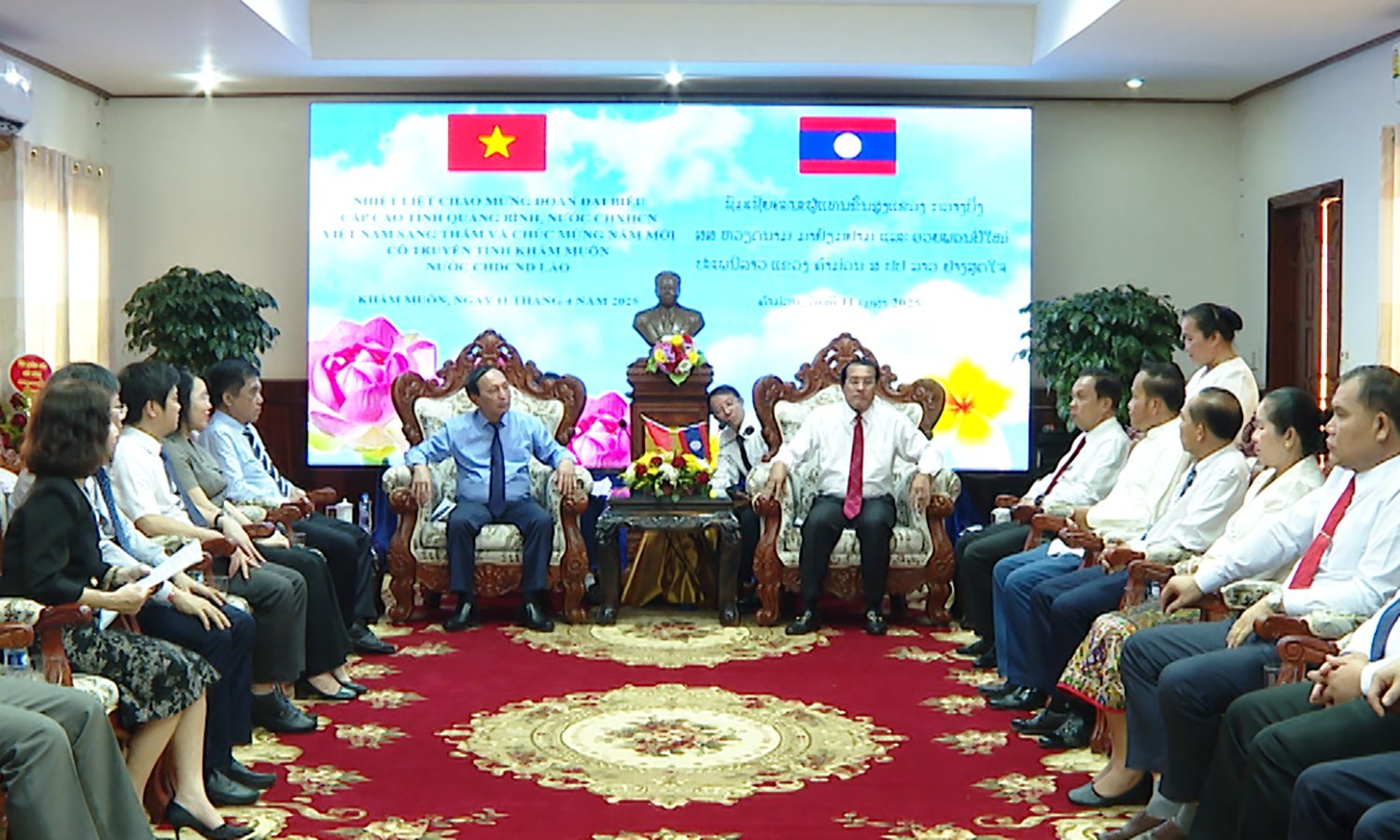
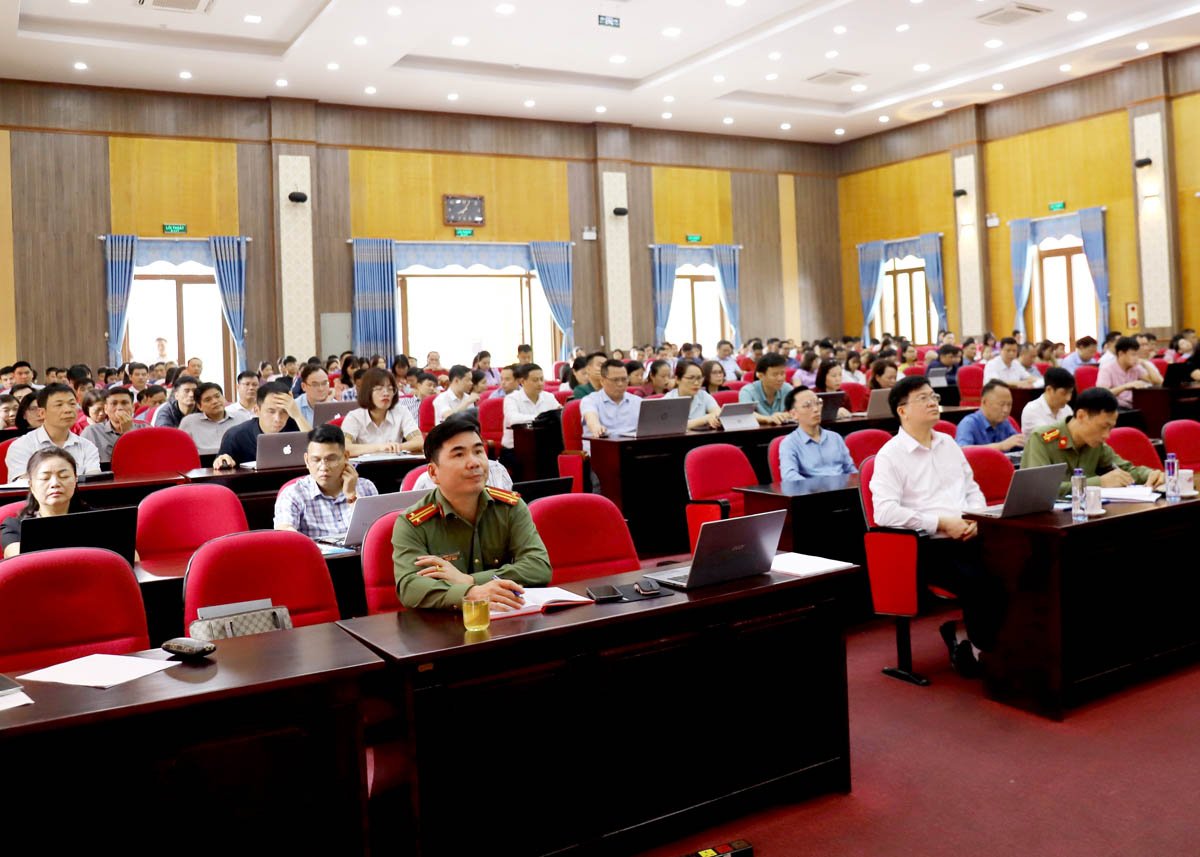










Comment (0)